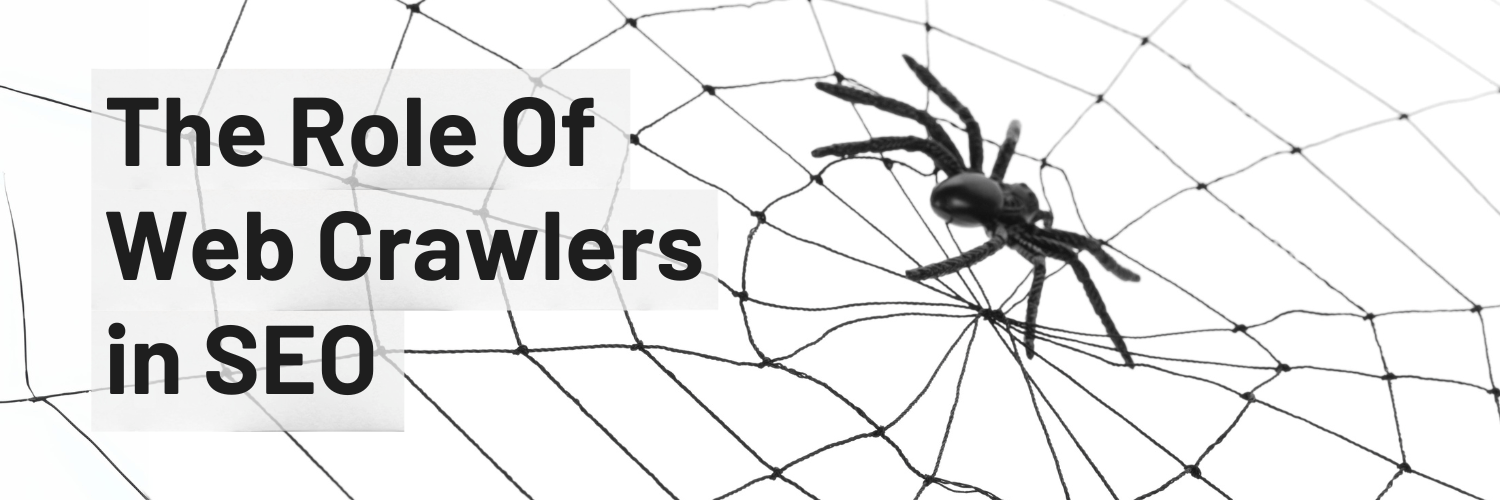
When it comes to optimizing a website for search engines, understanding the role of web crawlers is crucial. With millions of websites on the internet, search engines need a way to index and organize all this content to provide relevant results to searchers. This is where web crawlers come in.
Web crawlers, also known as spiders or bots, are automated programs used by search engines to discover and index websites and their content. In this article, we will discuss what web crawlers are, how they work, and their role in SEO.
Web crawlers are software programs that methodically scan or “crawl” the Internet to discover new web pages. They start by visiting a list of website addresses (URLs) and then follow all the links they find on those pages. This process repeats, allowing the crawlers to explore the entire web by moving from page to page. While they visit each page, they collect and save information about the content.
This helps search engines like Google, Bing, and Yahoo provide up-to-date search results. These search engines have their own crawlers. Google’s crawler is called Googlebot. Bing uses Bingbot. These bots crawl billions of web pages regularly to keep search engine indexes fresh.
Crawlers use smart methods to browse the vast web effectively. Here’s a basic summary of how they work:
Web crawlers play an important role in the SEO process in the following ways:
1. Site Indexing – The main job of crawlers is to find, fetch, and send web pages to search engines for indexing. If crawlers can’t reach or crawl a page, then search engines won’t know that content exists and it won’t get indexed.
2. Ranking Signals – Crawlers don’t just index pages, they also analyse page content and structure to detect ranking signals like keywords, backlinks, site speed, metadata, etc. These signals help search engines determine the relevance of a page for ranking it appropriately.
3. Providing Fresh Results – Search engines need crawlers to constantly re-visit websites and identify changes. This ensures search results reflect the most current and updated versions of web pages.
4. Quality Checks – Crawlers look for elements like duplicate content, thin content, broken links, black hat techniques, etc, and report these issues back to search engines for possible penalties or demotions in rankings.
5. Sitemap Processing – Crawlers use sitemaps as a source for discovering new URLs to crawl. Sitemaps make it easier for crawlers to organize websites.
If a website wants to rank highly in search engines, it needs to be effectively crawled and indexed. Here are some key ranking factors influenced by web crawlers:
1) Crawlability – If crawlers can’t access parts of a site due to technical issues, those pages essentially become invisible. This can drastically lower rankings.
2) Indexation – The more of a site’s pages and content that get indexed, the better chance of rankings. Proper use of meta tags helps crawlers index pages optimally.
3) Page speed – Crawlers favour faster page load speeds. Optimizing site speed improves crawling efficiency and rankings.
4) Semantic HTML – Crawlers analyse headings, titles, metadata, etc. Proper HTML that accurately describes page content leads to better indexing.
5) Backlinks – Crawlers use backlinks to assess authority and relevance. More backlinks from quality sites generally improve rankings.
6) Site changes – Frequent crawling allows search engines to keep rankings current based on the latest content. More crawling improves freshness.
For maximum search visibility and high rankings, websites need to make themselves crawler-friendly. This means optimizing technical elements for accessibility, using semantic HTML, and building backlinks. With high-quality content that crawlers can easily find and index, rankings are sure to follow.
In summary, web crawlers are the eyes and ears of search engines. Understanding how crawlers work and their role in SEO is essential for success with search rankings. By making on-page content crawler-friendly, optimizing technical elements for indexation, and building high-quality backlinks, websites can earn crawler visits that lead to top search rankings.
Taking thorough digital marketing courses can give you valuable insights into these strategies, making it easier for you to become proficient in SEO.